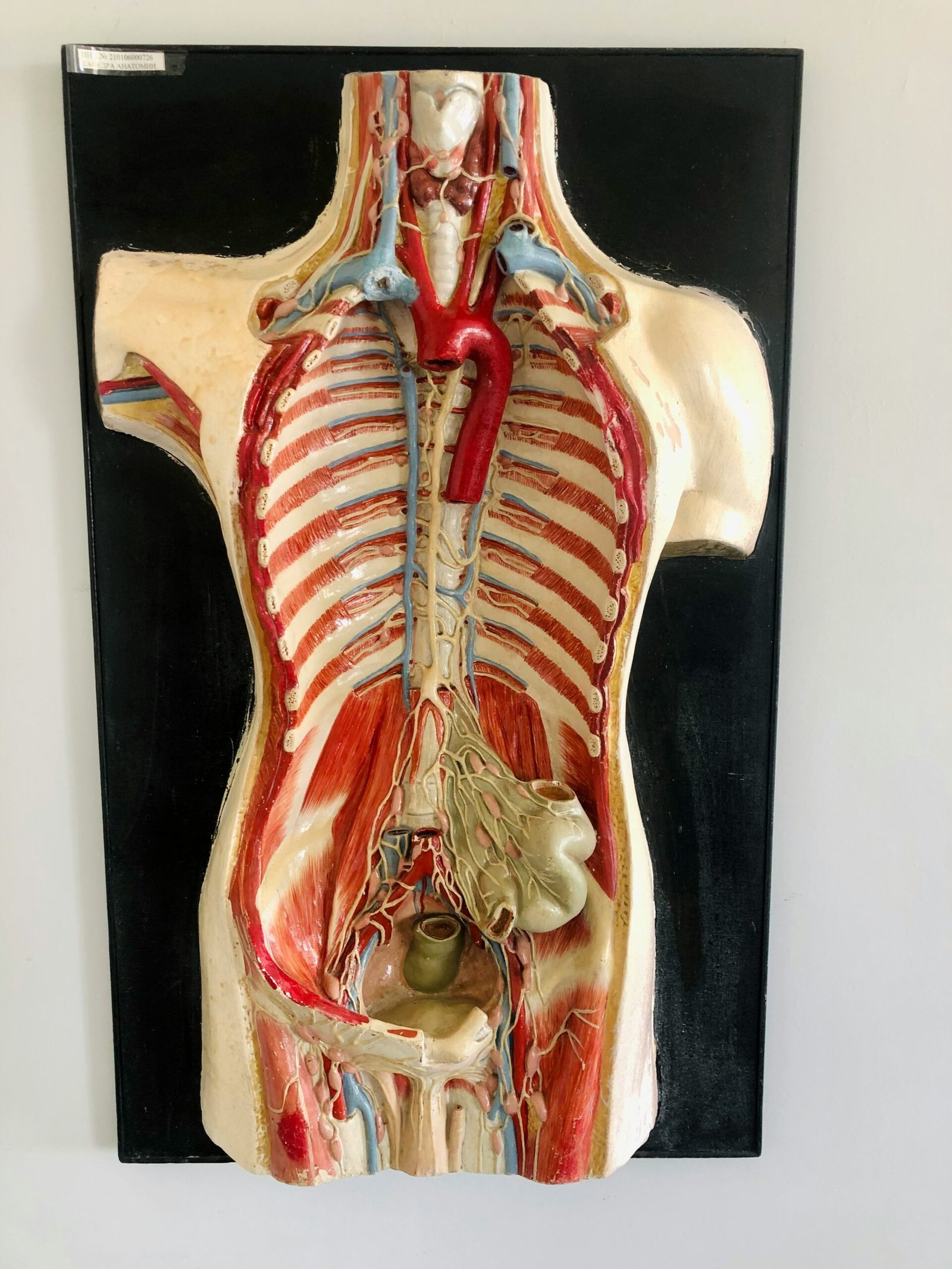Introduction to Hydration
Hydration refers to the process of maintaining an adequate level of water in the body. Water is essential for numerous physiological processes, ranging from temperature regulation and nutrient transportation to joint lubrication and cellular function. Ensuring proper hydration is crucial for overall health and well-being. An adult human body is composed of approximately 60% water, highlighting the fundamental role it plays in sustaining life.
General recommendations for daily water intake often suggest consuming about 2 liters, or eight 8-ounce glasses, of water per day. However, individual needs can vary significantly based on factors such as age, gender, physical activity level, and climatic conditions. For instance, individuals engaging in strenuous physical activities or living in hot climates may require higher water intake to compensate for fluid losses through sweat.
Despite the well-known slogan of “eight glasses a day,” common misconceptions about hydration persist. Some believe that beverages like coffee and tea, which contain caffeine, are dehydrating. In moderate amounts, these beverages can, in fact, contribute to overall hydration. Additionally, hydrating fluids can be sourced from fruits, vegetables, and other foods with high water content. It is essential to recognize these variances to tailor hydration practices to personal needs accurately.
This blog post will delve deeper into the crucial aspects of hydration. Following this introduction, we will explore the specific advantages of staying well-hydrated, including enhanced cognitive function, better physical performance, and improved digestion. By understanding the multifaceted role of water in the body, we can better appreciate the profound impact hydration has on our health. Recognizing the signs of dehydration and adopting effective hydration strategies will further equip you to maintain an optimal fluid balance daily.
Physiological Functions of Water
Water is indispensable for numerous physiological functions within the human body, acting as a cornerstone for various processes essential to maintaining health. One of the pivotal roles of water is the regulation of body temperature. Through mechanisms such as sweating and respiration, water helps dissipate heat and maintains a stable internal environment even when external temperatures fluctuate.
Additionally, water is vital for digestion and nutrient absorption. It aids in breaking down food in the digestive system, allowing nutrients to be absorbed more efficiently into the bloodstream. Adequate hydration ensures that digestive enzymes function optimally, facilitating the smooth transit of food through the gastrointestinal tract.
Proper circulation is another critical function supported by water. Blood, primarily composed of water, is the medium through which oxygen and essential nutrients are transported to cells and waste products are removed. Sufficient water intake ensures blood viscosity is maintained at appropriate levels, promoting effective circulation and preventing complications such as blood clots.
Moreover, water serves as a lubricant for joints, playing a crucial role in cushioning and protecting them during movement. The synovial fluid within joints, which is made up predominantly of water, reduces friction and wear and tear, thereby promoting joint health and mobility.
At the cellular level, water is indispensable for various biochemical reactions. It is involved in the synthesis of molecules, cellular metabolism, and the propagation of signals between cells, ensuring the body’s complex communication network operates seamlessly. Furthermore, hydration assists in the removal of waste products. Kidneys filter blood, creating urine that expels toxins from the body, while sweating provides another avenue for waste removal.
Understanding these multifaceted roles underscores the importance of maintaining adequate hydration to support the body’s physiological functions. Ensuring proper water intake is fundamental to overall health and well-being.
Signs of Dehydration and Its Impact on Health
Dehydration occurs when the body loses more fluids than it takes in, leading to an imbalance that can affect various bodily functions. Recognizing the signs of dehydration is crucial for maintaining optimal health. Early indicators include dry mouth, thirst, dark-colored urine, and decreased urine output. As dehydration progresses, symptoms can escalate to dizziness, rapid heartbeat, dry skin, and fatigue. Severe dehydration may manifest as confusion, low blood pressure, rapid breathing, and even unconsciousness, necessitating immediate medical attention.
The impact of dehydration extends beyond mere discomfort. Physically, dehydration impairs performance, as muscles and joints rely on adequate hydration for proper functioning. Dehydration can result in muscle cramps, weakness, and a general decline in physical endurance. This is particularly concerning for athletes and individuals engaged in strenuous activities, where optimal hydration levels are essential for peak performance.
Cognitive functions are equally affected by dehydration. Even mild dehydration can impair short-term memory, visual motor skills, and attention span. Research has shown that a lack of proper hydration can lead to slower reaction times and reduced cognitive processing capabilities. This is particularly critical in environments where mental sharpness is paramount, such as driving or operating machinery.
The overall well-being of an individual is holistically impacted by dehydration. Chronic dehydration is linked to serious health complications including kidney stones, urinary tract infections, and heatstroke. Kidney stones form when minerals crystallize in concentrated urine, often due to inadequate fluid intake. Urinary tract infections are more common among individuals who do not drink sufficient water, as hydration helps flush out harmful bacteria. Heatstroke, a severe form of heat illness, can occur when the body fails to regulate its temperature due to inadequate hydration, leading to potentially fatal outcomes.
Prevention of dehydration is achievable through consistent and mindful hydration practices. It is advisable to drink water regularly, even before the onset of thirst, and to consume fluids that replenish electrolytes during intense physical activity. Monitoring urine color can serve as a practical gauge of hydration status, with light-colored urine indicating adequate hydration. Additionally, incorporating water-rich foods such as fruits and vegetables into one’s diet can contribute to maintaining optimal hydration levels.
Tips for Maintaining Proper Hydration
To ensure you stay adequately hydrated throughout the day, integrating more water into your daily routine can be essential. Start your day with a glass of water to invigorate your system. Carry a water bottle with you, which serves as a constant reminder to drink regularly. Setting reminders on your phone or using hydration tracking apps can also be useful in maintaining consistent water intake. Drinking water before, during, and after exercise is crucial, as physical activity significantly increases your body’s water needs. Remember, the intensity and duration of your workouts, along with the climate, play significant roles in determining how much extra fluid you require.
Your activity level and the environment around you can greatly affect your hydration needs. During hotter climates or when engaging in strenuous physical activities, your body loses more water through sweat, necessitating an increased intake. Listening to your body’s thirst signals is vital; thirst often indicates your body is already on its way to dehydration. Additionally, incorporating beverages such as herbal teas and other caffeine-free drinks can contribute to your hydration needs. Many fruits and vegetables, like cucumbers, watermelon, and oranges, offer high water content and provide an added hydration boost. Including these foods in your diet can enhance overall water consumption.
Recognizing the signs of dehydration, such as dark urine, dry mouth, and dizziness, will help you react promptly to your body’s water needs. It’s beneficial to establish a routine that ensures regular fluid intake, adjusting for variations in activity and environmental conditions. Staying well-hydrated promotes optimal physical performance, aids digestion, supports cognitive function, and maintains energy levels. By following these practical tips and making hydration a daily priority, you can sustain the essential balance your body requires for health and wellbeing.



